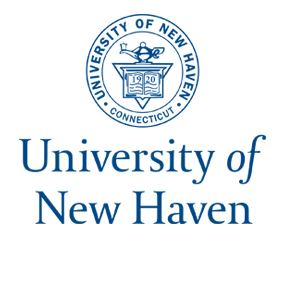
University News
University of New Haven Acquires Railroad Salvage Building and Land Adjacent to Main Campus
The 130,000 square-foot-building and 12-acre lot will be reimagined to create a pioneering Research and Development Center.
The Charger Blog
The University’s innovative graduate program in marine policy and management will prepare graduates for a wide variety of careers that are in demand – especially those aimed at addressing climate change.
Aug 20, 2021
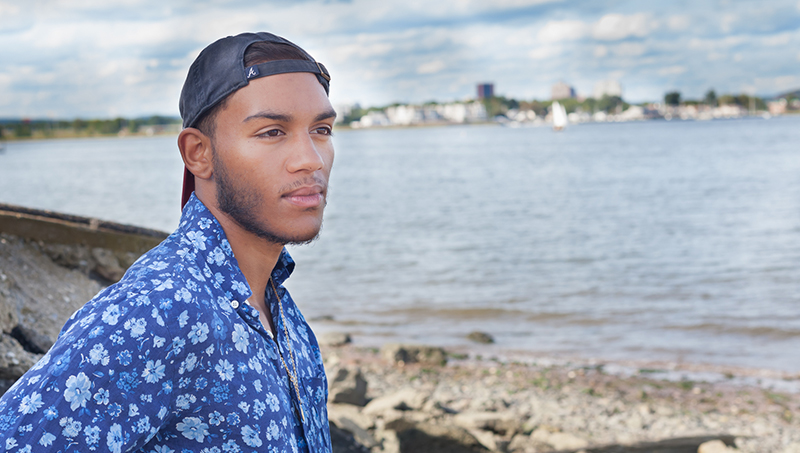
Austin Frank ’21, ’23 M.A. has fond memories of spending long summer days on the shores of Connecticut, Rhode Island, and Cape Cod with his mother. He learned about the different species of crabs and searched for them in the jetties. He developed a deep connection to the ocean and the life in and around it.
As Frank got older, he became interested in learning about the health and well-being of the marine environment. As a student at the University, he listened to speakers discuss their work in a variety of marine-related fields, and doing so helped him discover his own interest in marine policy and sustainability.
“I started to look for jobs in my field, and while they were many, I realized that a master’s degree would help me secure a position in marine sustainability, fisheries management, or other related fields I wished to work in,” explained Frank, a recent graduate of the University’s marine affairs program.
This fall, Frank is beginning to pursue his M.A. in Marine Policy and Management at the University. He’s one of the first students accepted into the new graduate program that enables students with a variety of backgrounds, interests, and undergraduate degrees in sciences and humanities to work in areas related to marine and coastal resource sustainability. Because the program and the field are interdisciplinary in nature, students will be prepared for a wide range of possible career paths and opportunities, including policymaking, education, outreach, and research.
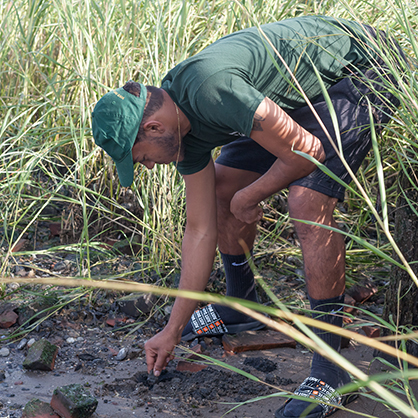
Tarsila Seara, Ph.D., the program coordinator, is particularly interested in human adaptations to environmental changes, whether natural or caused by human activity. She says that because of the complexity of global challenges such as climate change and the decline in natural resources, there is a demand for interdisciplinary knowledge in the field. Professionals who can use data from natural and social sciences and communicate effectively with stakeholders and the public are particularly in need.
“We urgently need more people with the right background to navigate these complex problems and to mediate the conversation,” said Dr. Seara. “In the past few years, more attention has been given to the need for interdisciplinary action to address complex human-environment challenges, so this has been a very exciting field to be in.”
For Dr. Seara, marine policy and management is personal. As a junior in college, she visited the Brazilian Pantanal as part of an internship for a research project on giant otter conservation. Interacting with local fishers and learning about their perceptions of environmental and socio-economic factors affecting the ecosystem, she began to approach conservation from a multidisciplinary perspective. She also developed an interest in the cultural, economic, and social factors that shape people’s relationship with the natural environment.
"I realized that a master’s degree would help me secure a position in marine sustainability, fisheries management, or other related fields I wished to work in."Austin Frank ’21, ’23 M.A.
As a graduate student, Dr. Seara worked in collaboration with the National Marine Fisheries Service (also known as NOAA Fisheries), and she was part of research that helped inform management and policy decisions with the goal of developing more collaborative and participatory strategies. As a marine social scientist, she has learned firsthand the importance of collaboration, and that’s something she hopes to impart to her students.
“To achieve marine environmental health and sustainability, we must consider the livelihoods, food security, and the well-being of people who utilize and depend upon natural resources,” she said. “Ever since I began working in this field, more specifically in fisheries social sciences to inform policy and management decisions, I have gained an incredible amount of knowledge and insight from my direct interactions with the fishers and other fishery and marine stakeholders.”
Offering concentrations in marine resource sustainability and marine education and outreach, the program is designed to foster flexibility, offering thesis and non-thesis paths. Students can earn their undergraduate and graduate degrees as part of a dual degree program, and students have the option of completing the graduate program in one year.
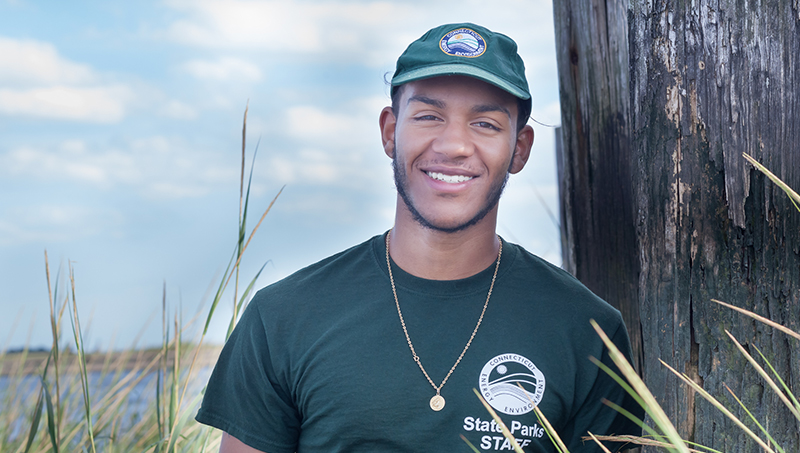
Students will develop original research projects or a major paper (or comparable capstone project) in collaboration with a faculty member. Coursework will include hands-on and experiential opportunities, such as community service and internships. The interdisciplinary nature of the field will create opportunities for collaboration across academic colleges and schools within the University, particularly with programs such as communication, legal studies, and political science.
With access to the professional connections the University has established, students will have opportunities to work with local organizations, such as the Bureau of Aquaculture in Milford, Conn., and the Northeast and Southeast NOAA National Marine Fisheries Service. The University will also offer opportunities for students to learn from international organizations, such as the Gerace Research Center in the Bahamas, as well as academic and government connections in Puerto Rico and the U.S. Virgin Islands.
“Our faculty members are extremely well connected with local, national, and international organizations and have vast networks of people in the field,” said Dr. Seara. “This provides potential opportunities for internships and projects. Our faculty are active researchers, and they involve students in their projects.”
The program will prepare students to work for a wide variety of organizations, including government agencies, nonprofits, and educational institutions, as well as careers in fields such as coastal management, environmental education, and fisheries management.
For Frank, the recent marine affairs graduate, his time as an undergraduate student at the University, he says, prepared him well to pursue his master’s degree, and he is looking forward to it.
“The benefit of attending the University of New Haven is that the classes are smaller,” he said. “I was able to get to know my professors and advisers and easily reach out to them if I had questions. My undergrad experience was a positive factor in my choice to continue my education at the University.”

University News
The 130,000 square-foot-building and 12-acre lot will be reimagined to create a pioneering Research and Development Center.
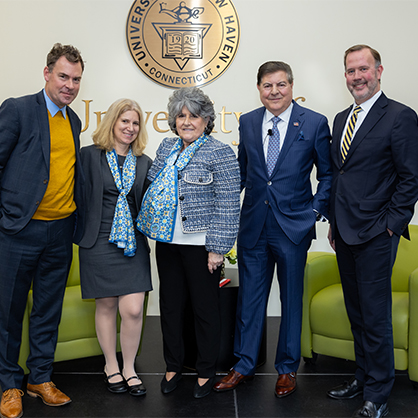
The Charger Blog
In an engaging fireside chat with the University of New Haven President Jens Frederiksen, Ph.D., Frank Martire ’77 MBA, an esteemed business leader, philanthropist, and advocate for higher education, shared insights on leadership, navigating challenges, and staying true to your values in a complex world.

The Charger Blog
Students share their transformative moments from studying at the University’s Prato campus during the Fall 2024 semester.